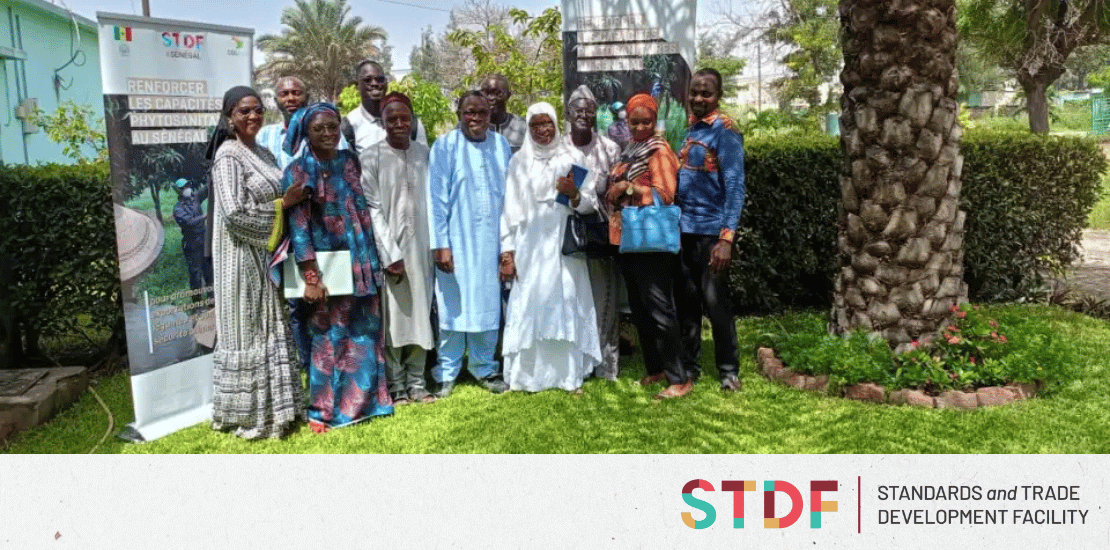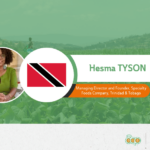- 20/12/2024
- Posted by: Gaetan Dermien
- Category: News

The STDF/PG/946 project “Strengthening phytosanitary capacities to promote exports of horticultural products from Senegal” was officially launched on 6 June. Led by COLEAD in partnership with the Directorate of Plant Protection (DPV) of the Senegalese Ministry of Agriculture, Food Sovereignty and Livestock and funded by the STDF, this three-year project aims to improve and strengthen Senegal’s phytosanitary system to bring its practices in line with international standards.
In addition to its technical and economic objectives, the project incorporates an ambitious and proactive approach to gender equality, an essential aspect of making agriculture more inclusive and sustainable.
Gender mainstreaming: a cross-cutting priority
An in-depth analysis carried out prior to the project identified several levers for integrating a gender dimension into activities. These results led to the inclusion of specific indicators in the logical framework of the project, including
- Legal aspect: explicit inclusion of a gender dimension in the revision of phytosanitary legislation to ensure that the policies adopted take into account the specific characteristics and needs of women in the agricultural sector.
- Skills development: ensuring women’ access to trainings (by inclusion practices) and monitoring data on training participants by gender in order to measure the impact of activities on the empowerment of women and men.
- Partnerships and awareness-raising: systematic integration of gender awareness-raising in meetings with stakeholders to raise collective awareness and promote equality.
These indicators aim to ensure that women, who make up a significant proportion of the agricultural workforce in Senegal, benefit fully from the opportunities offered by the project.
As a reminder, the project is based on four main axes:
- Reviewing the legal framework: drafting inclusive legislation in line with international standards.
- Strengthening operational capacities: developing the processes, and resources needed for effective phytosanitary management.
- Training and skills development: Establishing training programmes tailored to the specific needs of the horticultural sector (both public and private).
- Communication and cooperation: mobilising stakeholders and promoting inter-institutional cooperation with a gender awareness component.
Expected impact: fairer and more competitive agriculture
By integrating a gender-sensitive approach, the project aims to make Senegal a regional model for inclusive phytosanitary system. The aim is to ensure that women and men contribute equally to the modernisation of the agricultural sector, while benefiting from the economic and social spin-offs.
With this approach, Senegal is not only strengthening its export potential, but is also resolutely moving towards the Sustainable Development Goals (SDGs), in particular gender equality (SDG 5) and the promotion of sustainable and inclusive agriculture (SDGs 2 and 12).
These activities were supported by the STDF/PG/946 project.
The STDF/PG/946 project is implemented by COLEAD, funded by the STDF.
This communication has been produced with the financial support of the STDF. Its contents are the sole responsibility of COLEAD and can under no circumstances be regarded as reflecting the position of the STDF.

![EU and GB MRL changes in 2025 (January-March 2025) 9-FFM+-[ENG]](https://news.colead.link/wp-content/uploads/2024/06/9-FFM-ENG-150x150.jpg)


